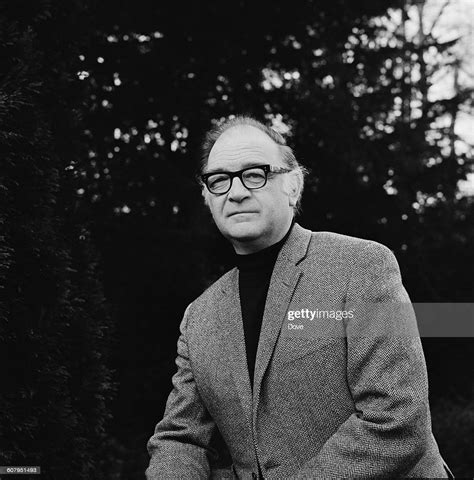A Quote by Thomas Paine
Public money ought to be touched with the most scrupulous consciousness of honor.
Quote Topics
Related Quotes
Public money ought to be touched with the most scrupulous conscientiousness of honor. It is not the produce of riches only, but of the hard earnings of labor and poverty. It is drawn even from the bitterness of want and misery. Not a beggar passes, or perishes in the streets, whose mite is not in that mass.
Dissimulation, secretiveness, appear a necessity to the melancholic. He has complex, often veiled relations with others. These feelings of superiority, of inadequacy, of baffled feeling, of not being able to get what one wants, or even name it properly (or consistently) to oneself — these can be, it is felt they ought to be, masked by friendliness, or the most scrupulous manipulation.
When people generally are aware of a problem, it can be said to have entered the public consciousness. When people get on their hind legs and holler, the problem has not only entered the public consciousness -- it has also become a part of the public conscience. At that point, things in our democracy begin to hum.
Living in the now is freedom from all problems connected with time. You ought to remember that sentence, you ought to memorize it, and ought to take it out, you ought to practice it, you ought to apply it. And most of all, you ought to rejoice in it because you have just heard how not to be wretched, miserable you any more but to be a brand new, and forever brand new man or woman.
There is a lot of sixties-bashing going on these days that I don't agree with at all. I feel that extremely important ideals were brought to the forefront of the collective consciousness at that time. Granted, drug use was so pervasive that our generation did not as a group have the capacity to manifest our ideals to any great extent. But many of the people who were young in the sixties and who were most touched by that collective ethos are still touched.



































